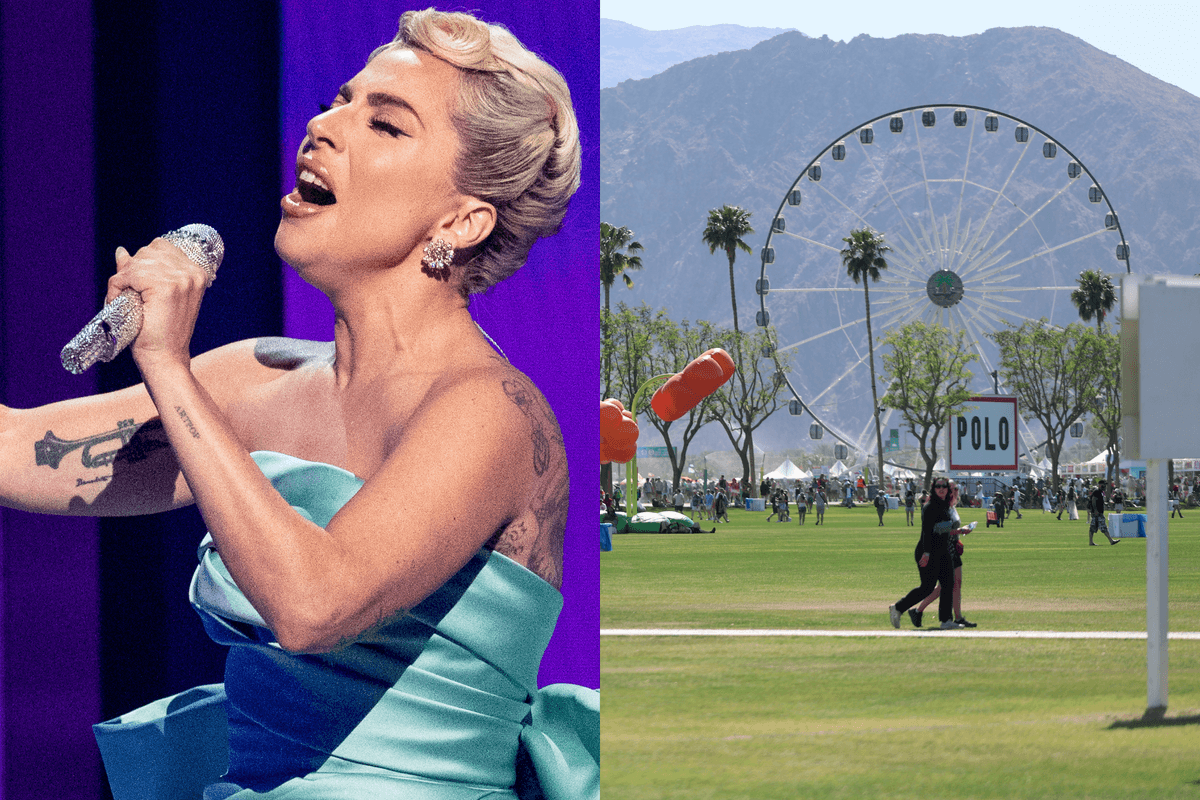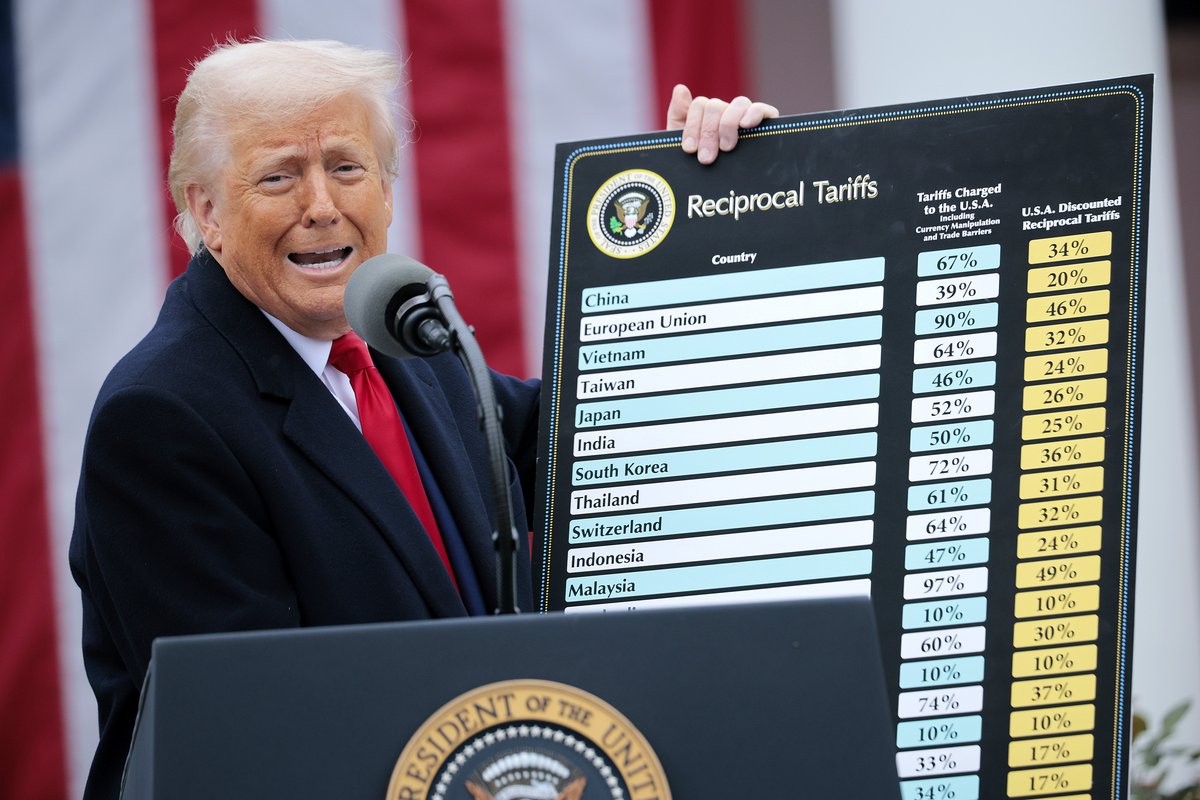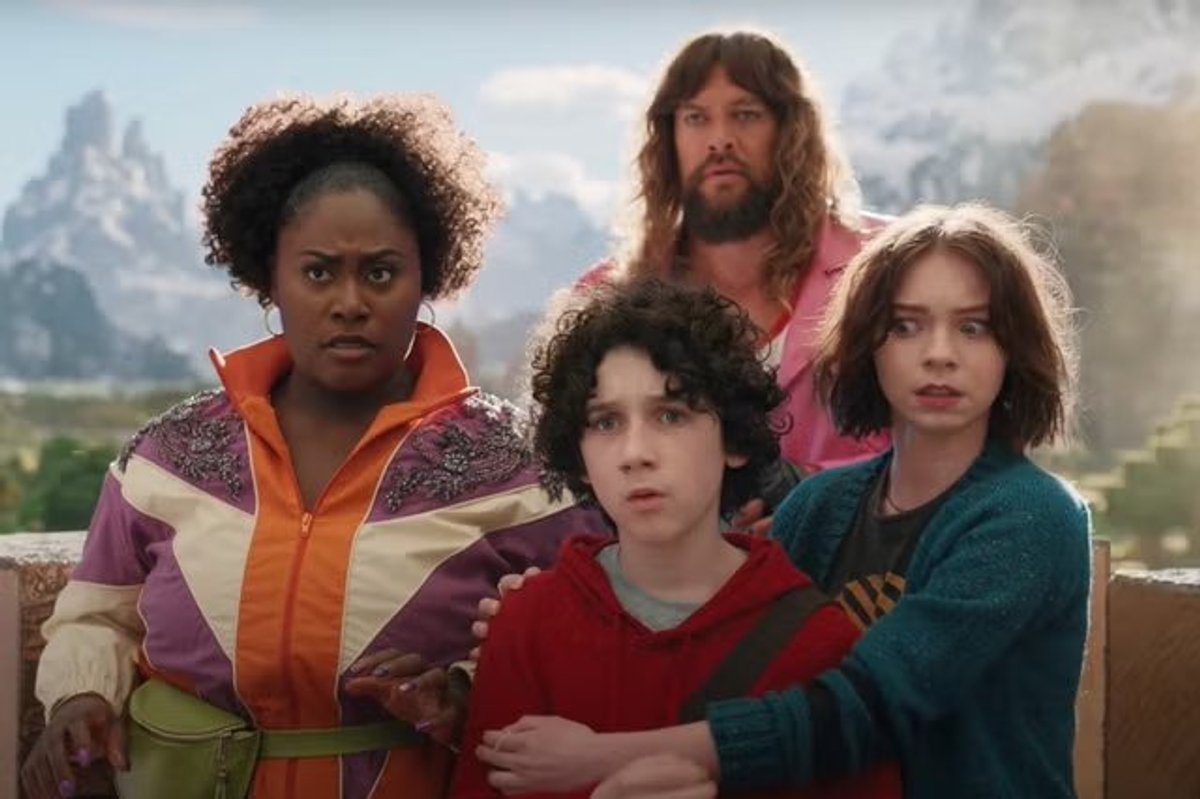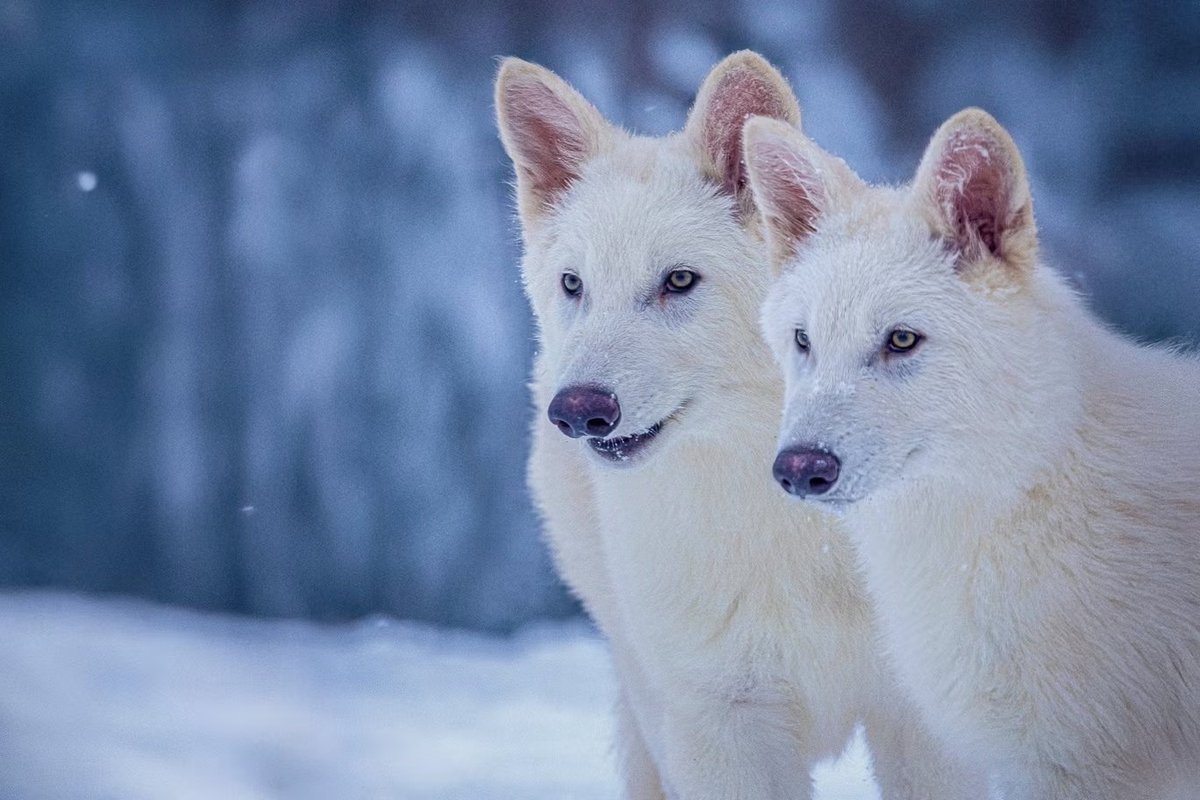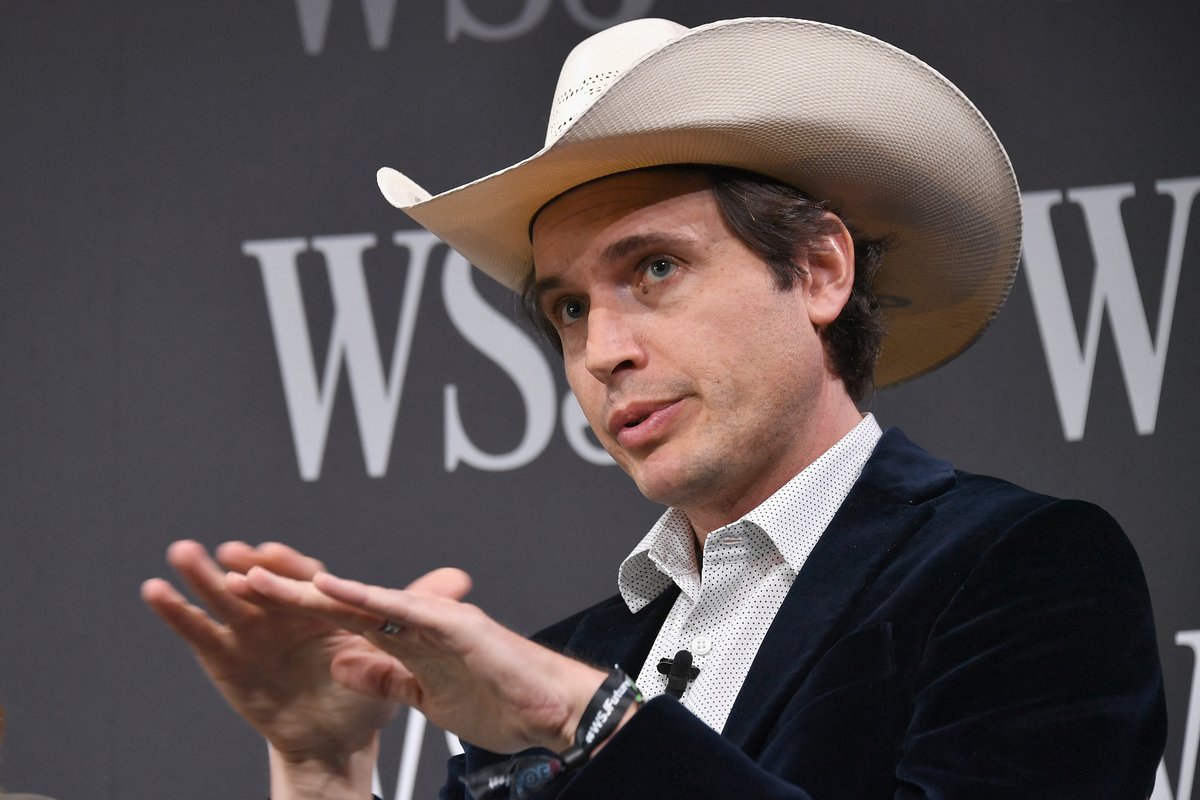Sinead Butler
Jun 30, 2021

(From left) Claire in Derry Girls, David in Schitt’s Creek, and Santana in Glee
Hat Trick Productions, YouTube/CW Seed (CBC), and FOX
As Pride Month comes to an end, it’s important that visibility of the LGBTQ+ community within society continues.
Entertainment, and TV in particular has been an important means to communicate this message.
Scenes of characters coming out as part of the LGBTQ+ community have shaped generations of people going through similar experiences, and will no doubt shape the future generations of the community too.
Here are five of the best TV coming out moments.
1. “I’m the wee lesbian” - Claire comes out to Erin in Derry Girls
In the series one finale of the Northern Irish comedy set in 90s Derry, Claire comes out as gay to her friends.
She reveals to Erin that she was the one who wrote the piece “The Secret Life of A Gay Teenager” which the entire school was buzzing about.
The episode was great at showing how Claire had become confident enough to reveal her true self.
She said: “I’ve never been brave enough to say it out loud before but I think that’s why I wrote this story and then it all got to real, I got too scared but no, you made me realise it’s all okay.”
The comedy show was also able to provide some humour along the way too.
“You fancy girls?” Erin asks.
“Well, that’s sort of an entry-level requirement Erin,” Claire retorts.
Though it wasn’t plain sailing, as Erin responds to Claire’s news by trying to get her to “go back in” the closet.
Thankfully, Erin realised her errors of her ways and the pair reconciled at the end of the episode.
In season 2, Claire’s friends also support her with a sweet gesture by wearing a rainbow pin on their jackets.
2. “I don’t care what you think about it.” - Rosa comes out to her parents in Brooklyn Nine-Nine
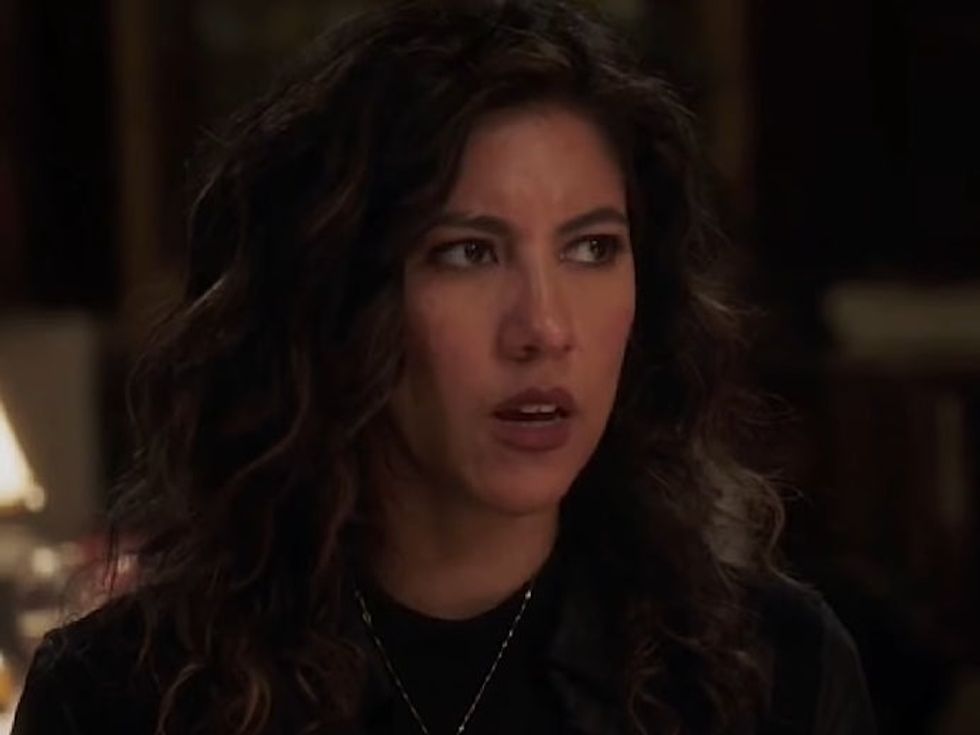
In Season 5, Rosa decides to come out as bisexual to her parents but is anxious of what might happen.
So, she enlists the help fellow detective Jake Peralta by inviting him to dinner with her parents for emotional support.
Though it all goes pear-shaped when Rosa’s parents misread their daughters nerves and believe her and Jake are dating.
Rosa panics and goes along with it, her parents then express their relief that she is not dating a woman.
As a result, Rosa breaks down, admits she’s bisexual, and asks them to still see her as the same person.
“Well, Jake and I aren’t dating. But guess what? Your worst fears are real. I’m not straight, I’m bisexual. And I don’t care what you think about it.”
Her parents are confused and Rosa is left to fight her internal conflict.
At the end of the episode Rosa’s father visits her work and apologises to her and says he loves and accepts her for who she is.
However, her mother still needs some more time to accept it.
Rosa’s coming out is great because it shows her fearlessness as she still wants to tell her parents despite knowing they initially disapproved.
But it’s also realistic and shows how different loved ones can respond to the news.
Some are hesitant at first- like her father but he eventually sees that Rosa’s sexuality is part of what makes her who she is.
3. “Yes, I am! And you know it.” - Jack tells his dad he is gay in Dawson’s Creek
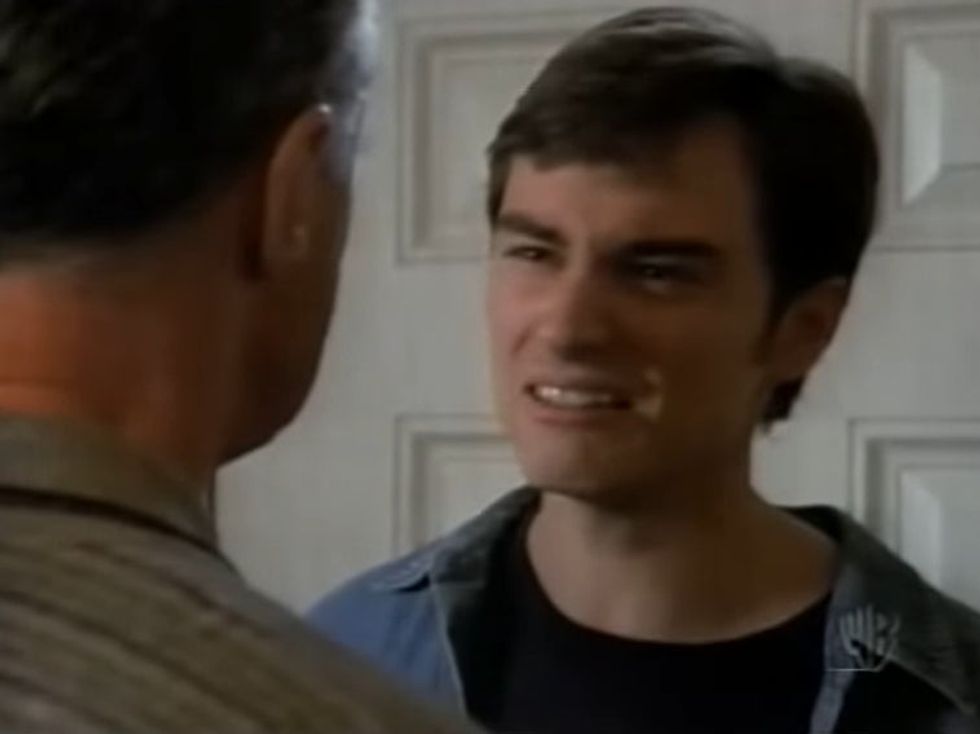
In an emotional scene, Jack came out to his father as gay in season 2, episode 15 of of Dawson’s Creek.
“This is one conversation you can’t run away from,” Jack shouts at his father.
He then tells his father to ask him he is gay.
“You are not gay,” his father replies.
“Yes, I am! And you know it.” Jack tearful insists.
It was one of the biggest storyline lines back in 1999, when the program aired.
The plot was actually based on the personal experience of the show’s creator Kevin Williamson, who had recently gone through a similar experience at the time.
“I had just, in my 20s, gone through the coming-out process and had told my parents I was gay. I had taken that whole journey, and I wanted a character on the show to represent that journey and to represent that side of me,” he told Entertainment Weekly.
“When I created the show, I knew that’s what I wanted, but I was scared to tell people. I was still in the closet a bit. Even though I was an out man, I was scared to say, ‘This is the character I want to write. This is how I want to express myself.’
“So I created the character and didn’t tell anyone he was going to come out of the closet.”
4. “I have to just be me” - Santana comes out to her Abuela in Glee
Glee’s Santana and Brittany are one of the most iconic lesbian couples on TV, so it was important for the show to have a coming out scene.
In season 3, episode 7, Santana musters up the courage to come out to her parents who are very accepting of her sexuality.
But, when the cheerleader comes out to her abuela (grandmother) who she respects and looks up to, she sadly doesn’t get the same response.
“I love girls the way that I’m supposed to feel about boys.” she says.
“It’s something that’s always been inside of me and I really want to share it with you because I love you so much and I want you to know me — who I really am.
“When I’m with Brittany, I finally understand what people are talking about when they talk about love. I’ve tried so hard to push this feeling away and keep it locked inside but every day feels like a war.
“I walk around so mad at the world but I’m really just fighting with myself and I don’t want to fight anymore. I’m just too tired. I have to just be me.”
After the emotional speech, her abuela coldly tells her that she should have kept it a secret and orders Santana to leave.
Santana’s speech was an important step forward in terms of queer women of colour being represented in mainstream media, and it also highlighted the generational difficulty of coming out to grandparents.
5. “I like the wine and not the label”- David uses wine metaphor to explain his pansexuality in Schitt’s Creek
In a refreshing twist, David in sitcom Schitt’s Creek was able to casually explain his pansexuality to his friend and recent tryst Stevie.
He explains in a neat metaphor that this means he is attracted people regardless of their sex or gender identity.
“Um, I do drink red wine” says David. “But I also drink white wine. And I’ve been known to sample the occasional rose.
“And a couple summers back, I tried a Merlot that used to be a Chardonnay, which got a bit complicated…
“I like the wine and not the label. Does that make sense?”
The scene not only provides important representation for pansexual people, but it also shows how coming out is different for everyone - it can be a formal sit-down discussion or a casual conversation.
Top 100
The Conversation (0)
